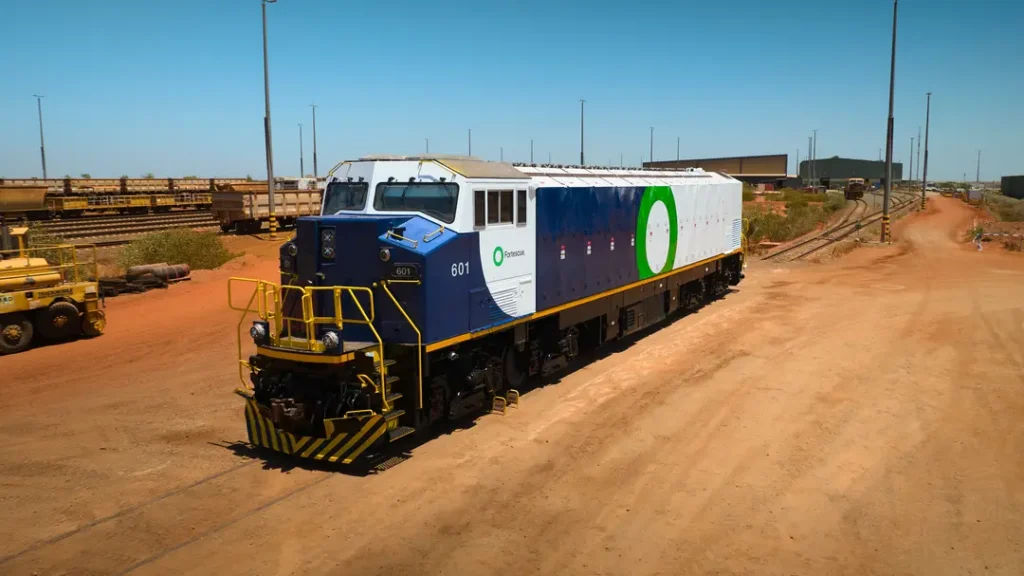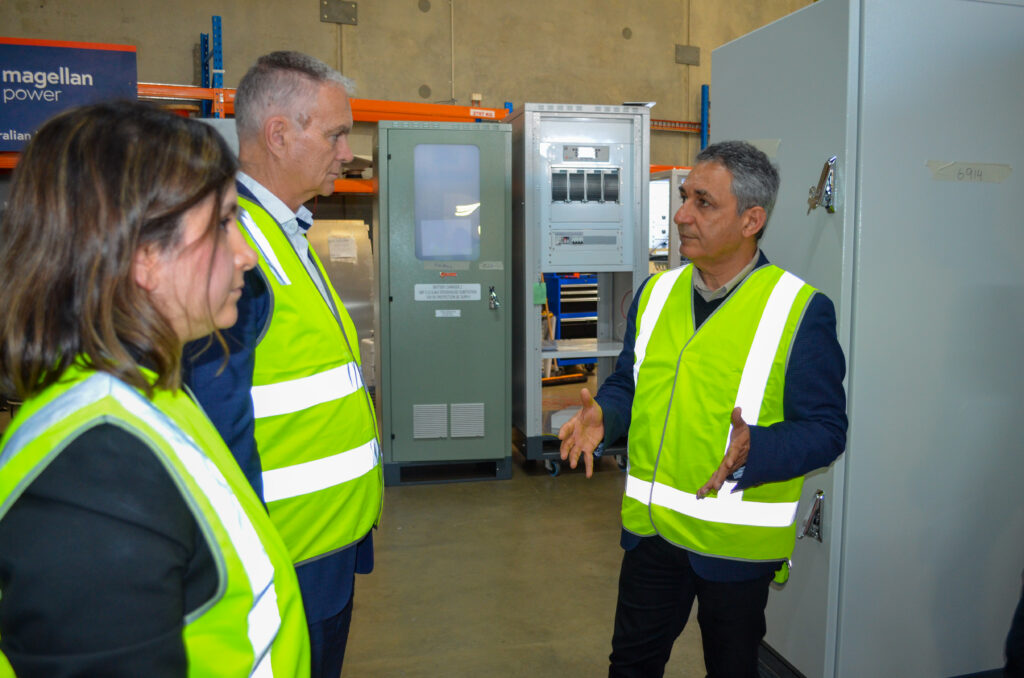With the volatility of global supply chains from 2024 expected to continue in 2025, Sadleirs Global Logistics says flexibility and preparedness will be crucial for businesses.
Sadleirs National Seafreight Manager Matthew Favazzo says while it’s difficult to predict what 2025 with bring for global logistics, the lessons of 2024 can help businesses build supply chain resilience.
“It’s clear that 2024 brought significant challenges and shifts to global supply chains, leaving a tangible impact on Western Australian businesses,” he says.
Conflicts in the Red Sea

“These tensions led to a rerouting of vessels around Africa, which not only increased transit times [by about two weeks] but also reduced the number of voyages reaching Australia,” Favazzo says.
“For WA businesses, this meant delays and a strain on trade routes, underscoring how interconnected global events can affect even the most distant markets.”
US influences
Favazzo says multiple factors from the United States, including a brief strike at American ports in October and the prospect of the US increasing tariffs on Chinese imports, will be felt in 2025.
“Although the strike lasted only a few days, the congestion it caused has significantly slowed supply chain operations, highlighting the fragility of global trade systems,” he says.
“In the lead up to the presidential election, shipping activity surged as companies raced to expedite shipments from China to the US ahead of potential trade restrictions. This prioritisation left other trade lanes, including those to Australia, struggling with capacity constraints and increased costs.”
The Containerised Freight Index, which measures container freight rates from Chinese ports, increased by about 28% from January to December, peaking in July where rates were up by 112% from January, according to Trading Economics.
Lessons learnt: how businesses can prepare
For WA businesses, these events have served as a reminder of the volatility inherent in global logistics.
“Port congestion, unexpected costs and delays have become recurring challenges, making it critical for importers and exporters to adopt proactive measures,” Favazzo says.
“The importance of forward planning cannot be overstated. In a year marked by political and physical disruptions to supply chains, reliance on the ‘just-in-time (JIT)’ inventory model has proven increasingly unsustainable.”
By planning shipments well in advance – particularly during peak periods such as Chinese New Year and Christmas – Favazzo says businesses can better prepare for delays and mitigate risks.
He encourages businesses to diversify their supply chains, including sourcing from multiple locations.
“Leveraging free trade agreements can also offer resilience against unforeseen disruptions,” he says.
“In addition, local charges levied by port operators have dramatically increased during 2024, adding further budget strain and compounding the challenges faced by the international trade community.”
Favazzo says choosing the right logistics partner is just as important.
“Businesses benefit from working with freight forwarders who not only have strong relationships with premium carriers but also offer the local expertise and agility to adapt quickly to changes,” he says.
“By fostering strategic partnerships and maintaining a holistic view of freight costs, Australian businesses can better position themselves to handle the uncertainties ahead.”
CCIWA and Sadleirs Global Logistics have partnered to provide businesses a seamless end-to-end export and import service. Read more.
If you are looking for support or advice in business, investment or trade, contact our experienced International Trade Services team at [email protected].









